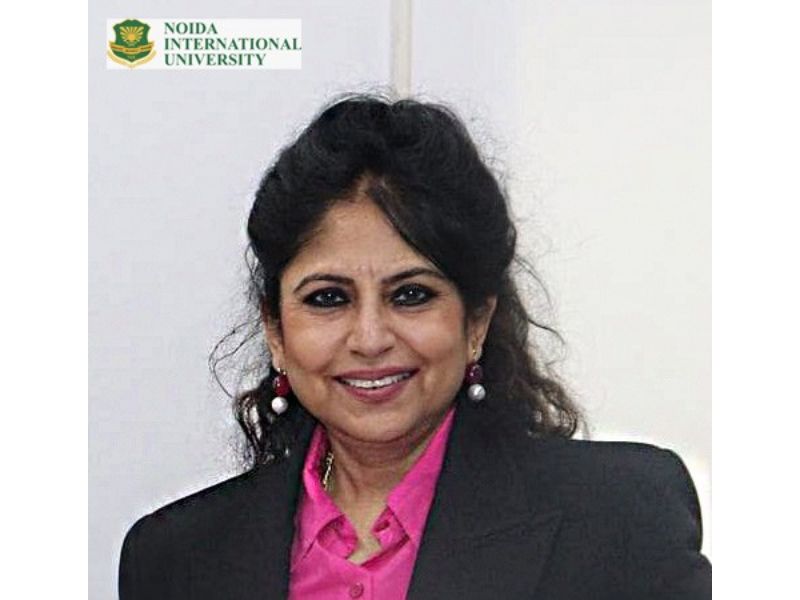Uma Bhardwaj, Vice Chancellor of Noida International University
In India’s vast and diverse educational landscape, a quiet revolution is underway — led by first-generation learners. These are individuals who are the first in their families to pursue formal education, often challenging long-standing socio-economic and cultural barriers. Their journeys are not merely academic but are powerful acts of transformation and resilience.
The Social and Economic Backdrop
Despite significant progress in expanding access to education, deep-rooted inequalities linked to caste, class, gender, and geography persist in India. In many rural and marginalised communities, education is often not prioritised due to poverty, inadequate access, or traditional expectations. For families where even primary education was once out of reach, the idea of higher education can be unfamiliar and daunting.
Key Challenges
First-generation learners face a range of hurdles:
Academic Preparedness: A lack of supportive home environments makes it difficult to compete with peers from more privileged backgrounds.
Language and Digital Gaps: English-medium instruction and online education can be major obstacles for students from vernacular schools or underserved areas.
Financial Strain: Despite scholarships, the cost of transport, materials, and daily sustenance often remains a barrier.
Absence of Mentors: Without role models to guide them, navigating higher education and career choices can be overwhelming.
Social Pressures: Family obligations, early marriage, or the need to earn can force students to abandon their education prematurely.
Catalysts for Change
Progress is being driven by a combination of supportive interventions:
Government Initiatives: Programmes such as the National Means-cum-Merit Scholarship and Post-Matric schemes for marginalised communities provide vital financial support.
NGO Efforts: Community organisations offer mentoring, academic assistance, and digital access tailored to these learners’ needs.
Digital Learning: Online platforms have helped bridge educational gaps, especially when coupled with localised support.
Empowered Educators: Dedicated teachers often become key mentors, inspiring confidence and helping students navigate the system.
Stories of Transformation
Across the country, countless stories highlight the transformative power of education — a farmer’s daughter becoming a doctor, a Dalit boy clearing the civil services, or a tribal youth launching his own business. These individuals often return to uplift their communities, creating a ripple effect of empowerment.
The Road Ahead
To sustain and expand these gains, the following measures are crucial:
Strengthen early childhood education and foundational learning
Develop bridge programmes for digital and language literacy
Provide mentorship and career counselling in underserved schools
Make curricula and pedagogy more inclusive
Celebrate first-generation learners in mainstream discourse
First-generation learners are more than just students — they are trailblazers rewriting the future of their families and communities. By recognising their challenges and amplifying their achievements, India can move closer to an equitable and inclusive education system that truly leaves no one behind.
Also Read: Noida International University celebrates Africa Day
















Add comment